 Peace Processes
Peace Processes
Peace processes involve a series of negotiated steps to end wars and build sustainable peace. The U.S. Institute of Peace works with practitioners, diplomats and officials to understand how to effectively manage or facilitate such processes. This includes how such negotiations can be structured and supported, the issues to be resolved, the trade-offs involved, and the consequences and challenges that result. From considering gender and the role of women in Colombia’s peace process to furthering a new understanding of Myanmar’s long road towards peace, USIP works to ensure that peace agreements in conflict areas are inclusive, participatory, and locally led and supported.
Featured Publications

Indigenous Pathways to Peace
Many of the world’s Indigenous peoples live in unstable areas, struggling to survive as conflicts, transnational organized criminal networks and extractive projects upend their lives and livelihoods. Unfortunately, peace processes in these contexts are often negotiated at high political levels without the inclusion of Indigenous peoples. This can undermine the chances for success, as Indigenous peoples are a crucial population in some of the world's longest-running conflicts. But even further, excluding Indigenous people means overlooking how Indigenous traditions, rituals, and religious and political practices can help advance peace and resolve deadly conflict.
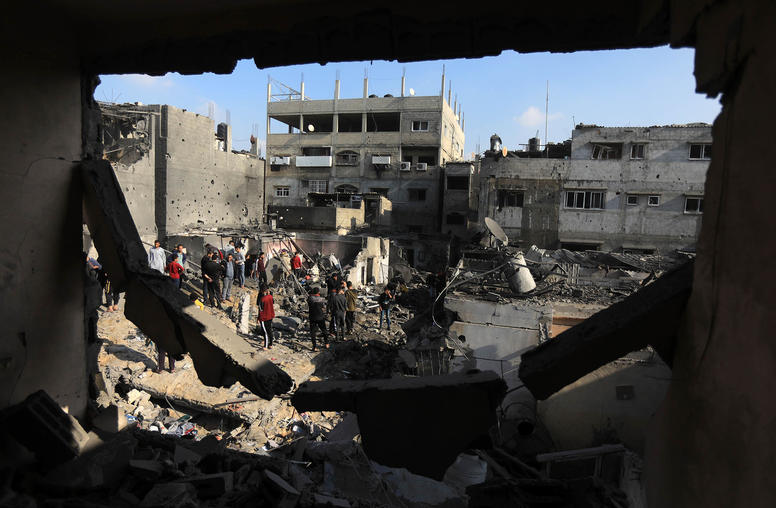
What Does the U.N. Cease-Fire Resolution Mean for the Israel-Gaza War?
On March 25, the United Nations Security Council (UNSC) passed Resolution 2728, calling for an “immediate” cease-fire in Gaza. The motion’s passage came after weeks of back and forth and posturing among the UNSC’s permanent and rotating members. The exact phrasing of the resolution and its relevance to the situation on the ground, as well as bilateral and multilateral relations — particularly U.S.-Israel ties — have been the subject of heavy public and media attention since Monday, raising questions about the resolution’s subtext, intent and limitations. USIP’s Robert Barron looks at these questions.
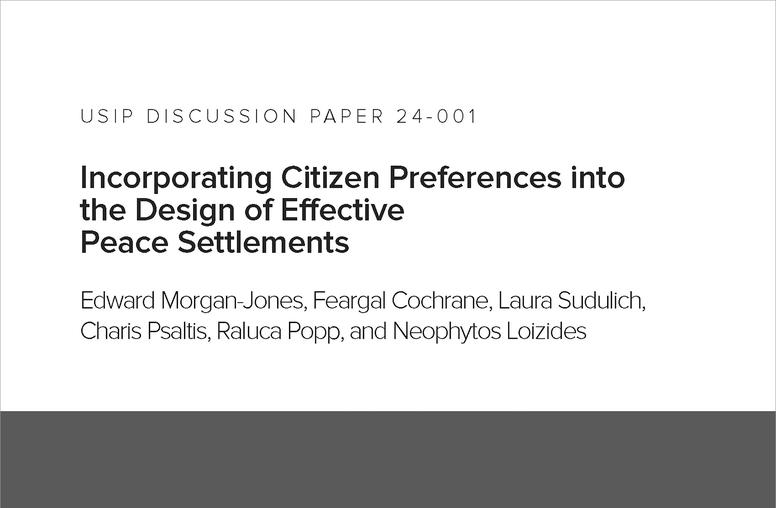
Incorporating Citizen Preferences into the Design of Effective Peace Settlements
This paper describes the use of conjoint survey experiments to identify citizen preferences with respect to a possible peace agreement in Cyprus and a border agreement in Northern Ireland. The recommendations offered in the conclusion emphasize the flexibility of the method and its transferability to other conflict settings. Results also suggest ways of reinvigorating stalled peace negotiations (Cyprus) or improving past deals (Good Friday Agreement/Brexit-Northern Ireland) and can help contending groups and mediators identify potential zones of agreement by revealing areas where contending groups’ preferences overlap or differ and where possible trade-offs exist that could lead to greater consensus.
Current Projects
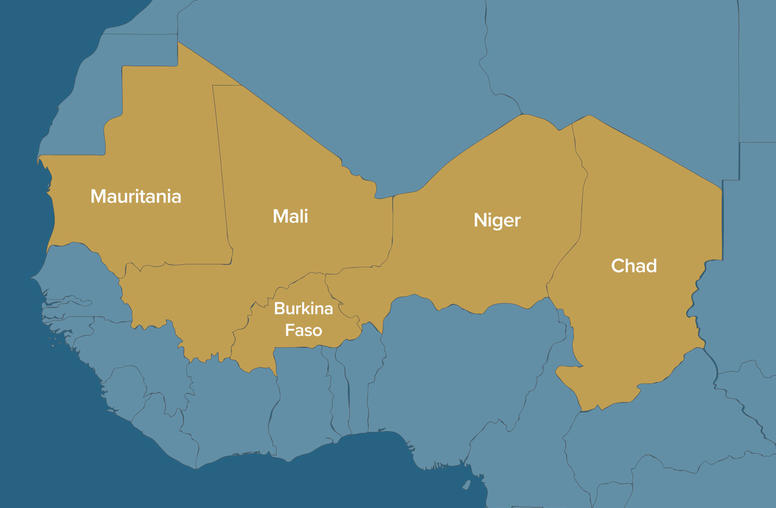
Bipartisan Senior Study Group for the Sahel
In May 2021, USIP created the Bipartisan Senior Study Group for the Sahel comprised of 12 current and former high-level U.S. officials, renowned academics and prominent Africa experts. The senior study group aims to generate new insights into the complex challenges facing the Sahel region, including food security, human rights, security assistance, private sector development and job creation — as well as great power competition. The senior study group will provide original recommendations to the U.S. government and governments in the Sahel region to improve foreign assistance, resolve conflict and support lasting peace.
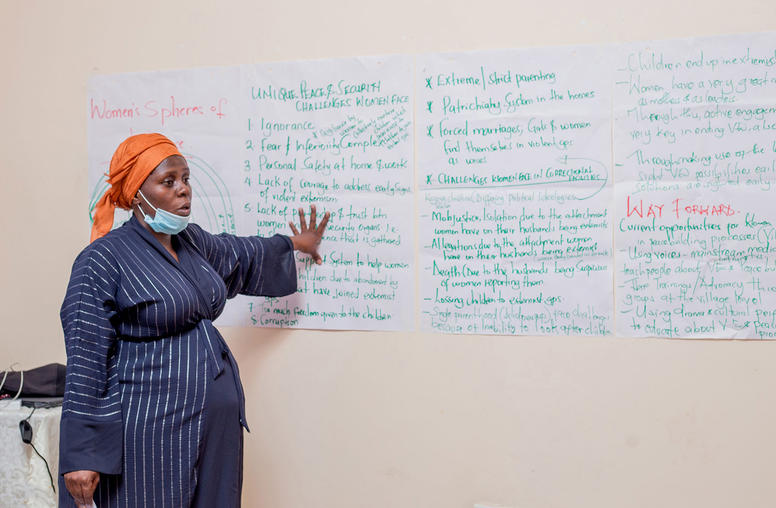
The USIP Learning Agenda
In support of the Evidence Act and as part of the U.S. national security architecture, USIP is carrying out its own learning agenda. Peacebuilding has long been viewed as too messy and complex for evidence-based approaches — but USIP’s mix of research and practice belies that assumption.
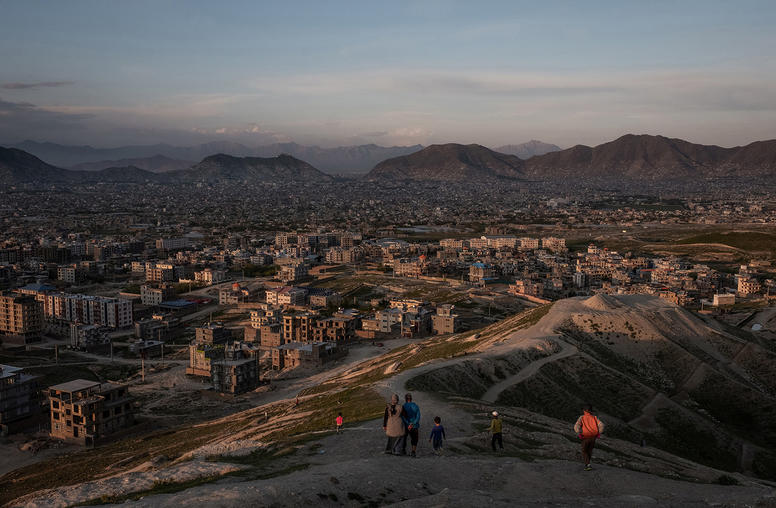
Afghanistan Peace Efforts
Almost 20 years after the United States ousted the Taliban regime, the first direct peace talks between the Taliban and the Afghan government began in Doha, Qatar in September 2020. The Taliban, Afghan government, and international forces have fought to a deadly stalemate, with both battle deaths and civilian casualties near record highs in recent years.